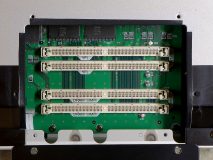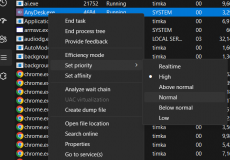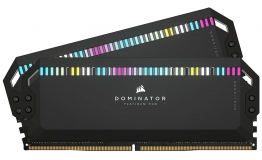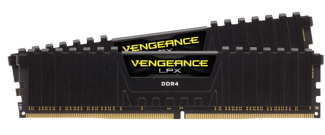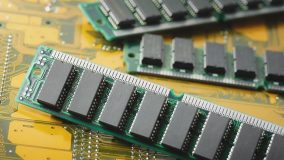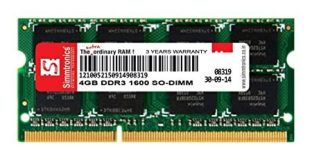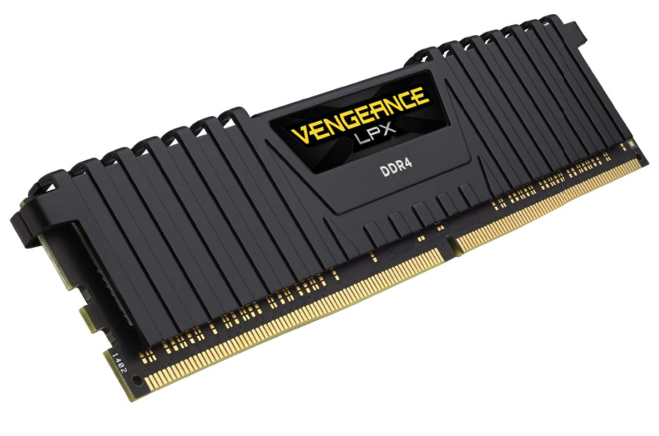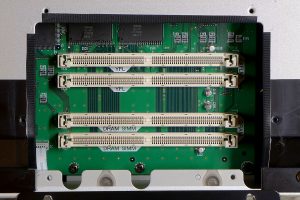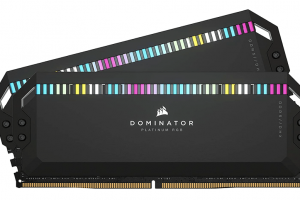The RAM, or Random Access Memory, is one of the most essential parts of your computer. It decides how fast the computer performs. This is the area where all your temporary data goes in. When it comes to the best RAM performance, we decided to check out two of the best RAM speeds that make it a decent choice. Today’s post will check if 3600 MHz RAM is good for gaming and attempt to analyze the differences between 3200 MHz and 3600 MHz RAM.
What is 3600 MHz RAM?
The numbers such as 3600 and 3200 MHz with respect to the RAM specify the speed of the RAM. The term is also referred to as RAM clock speed, RAM frequency, and RAM speed. Number such as 3600 MHz and 3200 MHZ indicates the time the RAM takes to process the request from the CPU to process the data.
The faster RAM speed will invariably translate into better performance. The 3200 MHz frequency translates into the ability of the memory stick to process 3.2 billion cycles per second. In contrast, the 3600 MHz RAM modules can process 3.6 billion cycles per second.
Is 3600 MHz RAM good? On paper and based on the fact that more RAM speed means better performance, you would ideally ascertain that the 3600 MHz is quite great. But, do note that there are several other factors that would decide if the 3600 MHz is suitable.
Is 3600 MHz RAM Good?
If you look at the performance offered by the 3200 MHz and 3600 MHz RAM sticks, you will find both of them offer you an outstanding performance. The actual performance provided by the different RAM modules is largely based on the correct devices and the active services that you have been working with. You will find that both RAM options, such as 3200 MHz and 3600 MHz to be an outstanding choice and offer you a host of excellent functionalities.
In essence, you can use both 3200 MHz and 3600 MHz RAM modules for most of the practical purposes. If you have a budget and can afford the 3600 MHz module, you can definitely opt for it, but the 3200 MHz model is definitely a worthy choice.
3200MHz vs. 3600MHz RAM – The Comparison
Having checked out the prime features offered by the 3200 MHz and 3600 MHz, it would be advisable to check out the feature comparison between the two.
Price
The price or budget is a sweet spot that decides which one you go with. The 3600 MHz RAM is a little more expensive when compared to the 3200 MHz variant. It is obvious that the RAM price is in tune with the RAM speed. Since the 3200 MHz has a lower speed than the 3600 MHz RAM, you can expect the 3200 MHz module to be cheaper than the 3600 MHz variant. If you are on a budget, the pricing can be a significant contributor to your decision-making.
RAM Speed
That is definitely a question that has an obvious answer. The 3200 MHz RAM has a speed of 3.2 billion cycles per second. The 3600 MHz RAM comes with the 3.6 billion cycles per second. While it would mean the 3200 MHz RAM to have a lower performance, the exact efficiency will be determined by a host of other factors as well. A better speed will ensure that you can handle the complex tasks easily.
CAS Latency
CAS latency means Column access strobe latency. The latency refers to the speed at which the RAM can process the commands sent by your processor and how fast it can provide critical data to the processor. A lower latency will ensure a better performance. The choice of the processor can also have a bearing on the performance of a RAM. The 3200 MHz RAM provides you a latency of 14 to 16 as opposed to the latency of 16 to 19 on the 3600 MHz RAM. In the absence of other parameters, the latency on 3200 MHz is lower, and you can expect a better performance from it.
Size
The size of the RAM module is yet another factor that would differentiate the 3200 MHz and 3600 MHz. The size of the 3200 MHz is quite compact in nature. It can improve the portability of the RAM. The 3600 MHz RAM is slightly bigger in size.
Capacity
In terms of the capacities, both 3200 MHz and 3600 MHz memory modules come with the similar performance. You can avail of both 3200 MHz RAM sticks and 3600 MHz in capabilities such as 8, 16, 32, and 64GB capacities.
Availability
The 3600 MHz RAM modules can be availed quite easily and comfortably. Obtaining the 3600 MHz is considerably extremely easier as opposed to the availability of a 3200 MHz RAM stick.
The table here should give you a good idea of a 3200 MHz vs. 3600 MHz comparison
| Features | 3200 MHz | 3600 MHz |
| Number of Pins | 288 | 288 |
| Operation Voltage | 1.2 to 1.4 volts | 1.2 to 1.4 volts |
| Released in | 2014 | 2019 |
| Capacity of availability | Up to 64GB | Up to 64GB |
| Clock Speed or frequency | 3.2 billion cycles per second | 3.6 billion cycles per second |
| CAS Latency | 14 to 16 | 16 to 19 |
| RAM Type | DIMM, DRAM, and SDRAM | DIMM, DRAM, SDRAM |
| Price | Less expensive | More expensive |
You may also check out this video for better information:
Frequently Asked Questions (FAQs)
Is 3600MHz RAM Worth It Over 3200MHz?
It depends on the type of application that you are putting it to. In case you are looking to work with the best graphic-intensive tasks, the 3600 MHz RAM may be a great pick. However, there are multiple factors that can decide which to pick between 3600 MHz and 3200 MHz RAM sticks.
Is 3200 or 3600 RAM Better for Ryzen?
The Ryzen processors work better with faster speeds. You can get the best performance with the 3200 MHz RAM, but if you are on a budget, you can choose to go with the 3600 MHz. That should not necessarily mean you need the 3600 MHz invariably for your performance needs.
The Concluding Thoughts
The faster RAM speed will invariably translate into a better performance. From that perspective, the 3600 MHz frequency is one of the most promising options. However, apart from the clock speed, there are several other factors that you would find interesting enough. The discussion above helps you understand the differences and similarities better.

